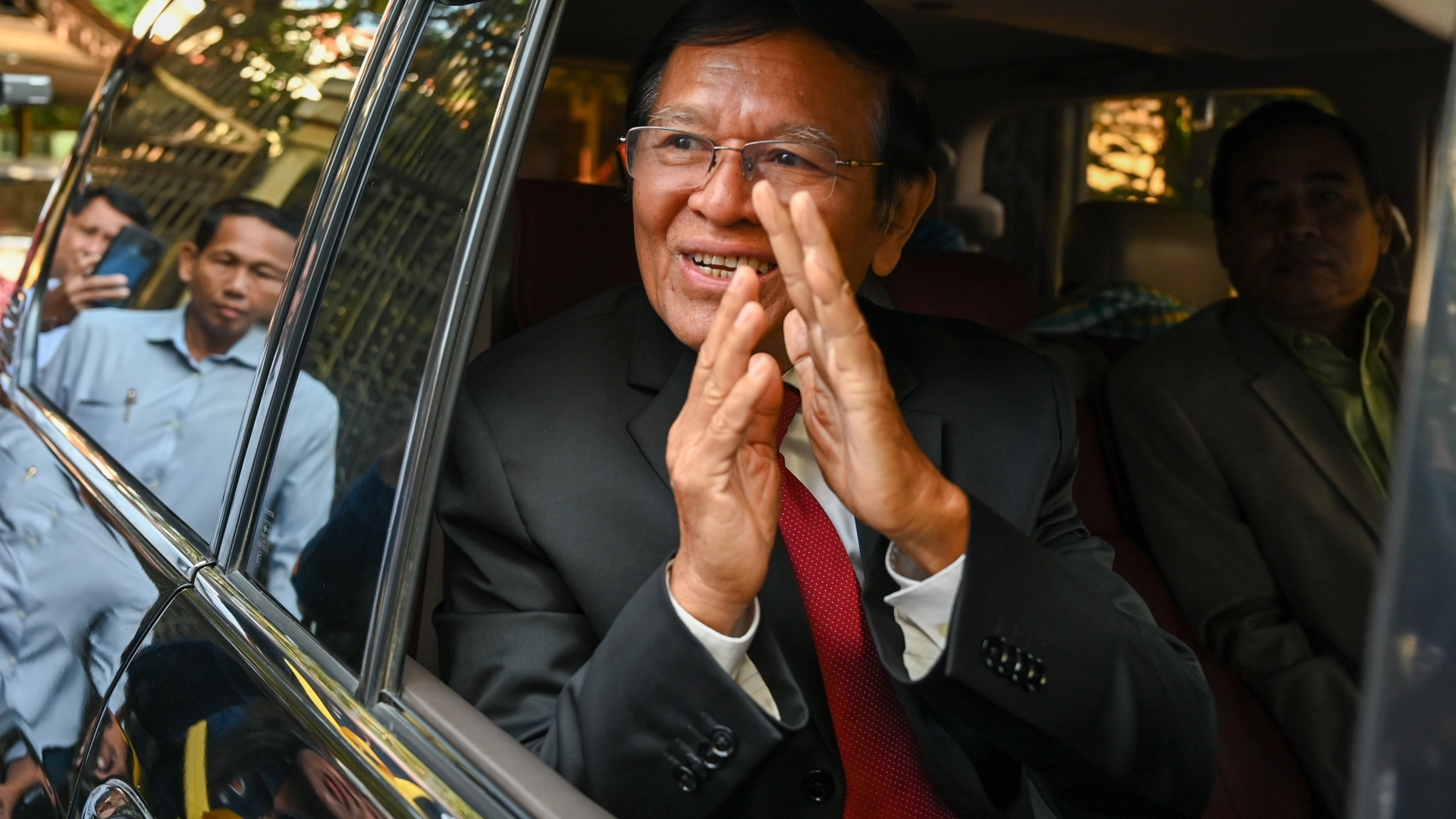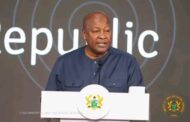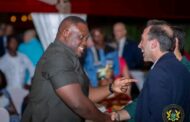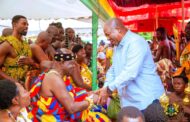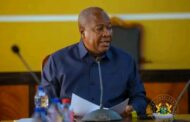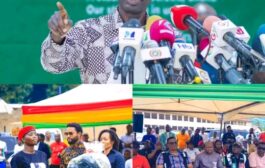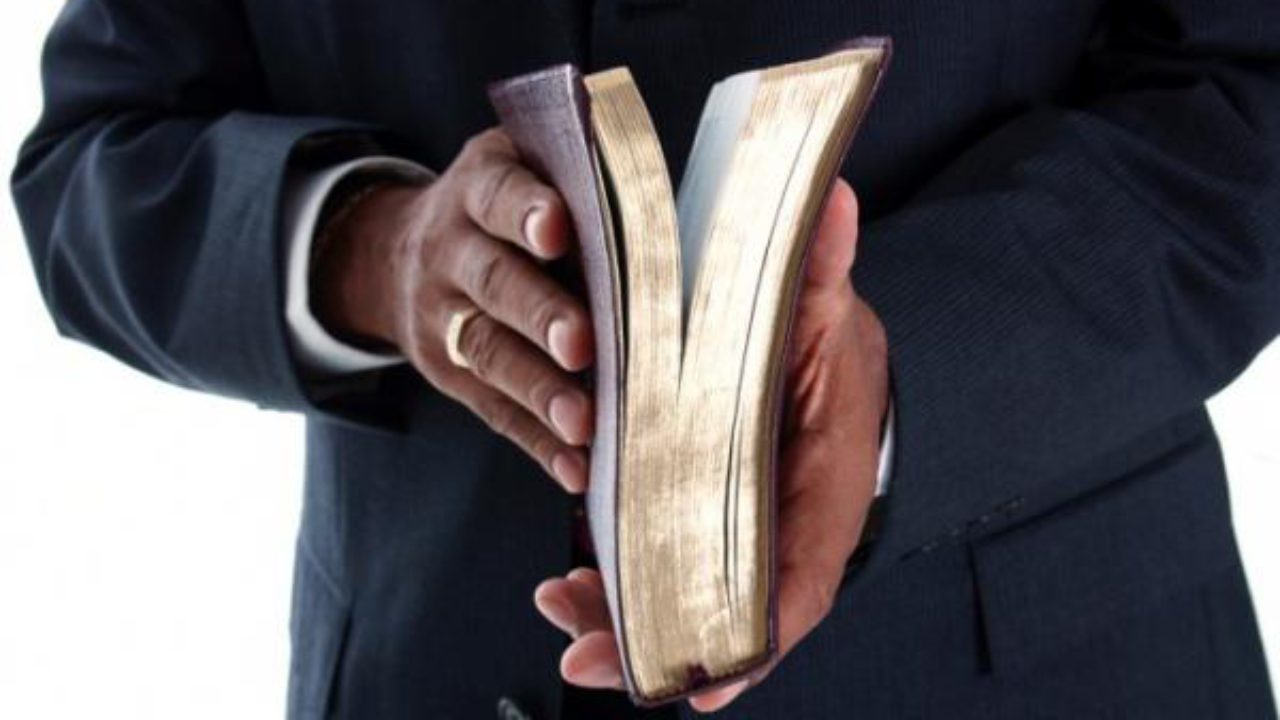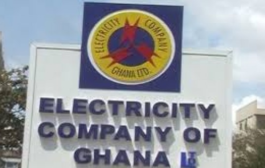Cambodia’s most prominent opposition leader has been sentenced to 27 years under house arrest in trial critics said was politically motivated.
Kem Sokha, the former leader of the now-dissolved Cambodian National Rescue Party (CNRP), has also been barred from standing or voting in July’s election.
He denies charges he conspired with foreign powers to overthrow Prime Minister Hun Sen’s government.
His lawyers said he plans to appeal his treason conviction.
Rights groups and Western governments strongly criticised the court’s verdict on Friday.
Kem Sokha was first arrested in 2017, based on a 2013 video where he said he had received support from US pro-democracy groups.
The US embassy said the case had been “based on a fabricated conspiracy” and the conviction was a “miscarriage of justice”.

The UN’s Human Rights Commissioner also called for Kem Sokha’s release, saying he was concerned with “the basis of the charges and the conduct of the trial”.
Cambodia’s leader, Hun Sen, is one of the world’s longest-serving autocrats who has been in power since 1985.
Most expect he will run again in the country’s general election in July, although some believe he is planning to hand over power to his eldest son, Hun Manet.
Rights groups on Friday highlighted the erosion of democratic practices in Cambodia in recent years.
“It was obvious from the start that the charges against Kem Sokha were nothing but a politically motivated ploy by Prime Minister Hun Sen to sideline Cambodia’s major opposition leader and eliminate the country’s democratic system,” said Phil Robertson, deputy Asia director at Human Rights Watch.
“Sending Kem Sokha to prison isn’t just about destroying his political party, but about squashing any hope that there can be a genuine general election in July.”
Observers said the verdict had been expected. The Cambodian courts are widely seen as being firmly under the control of Prime Minister Hun Sen.
Kem Sokha, a former human rights advocate, led the Cambodian National Rescue Party. Its popularity surged in past elections, to a point where it was poised to unseat Hun Sen and his party.
His party was banned ahead of a 2018 election. Most of its leaders have either been prosecuted or forced into exile.
Media outlets critical of Hun Sen have also been closed down.
Last month, Hun Sen shut down one of the country’s last independent media outlets, Voice of Democracy, saying that it published a story that attacked his son and damaged the government’s reputation.
Source: BBC



